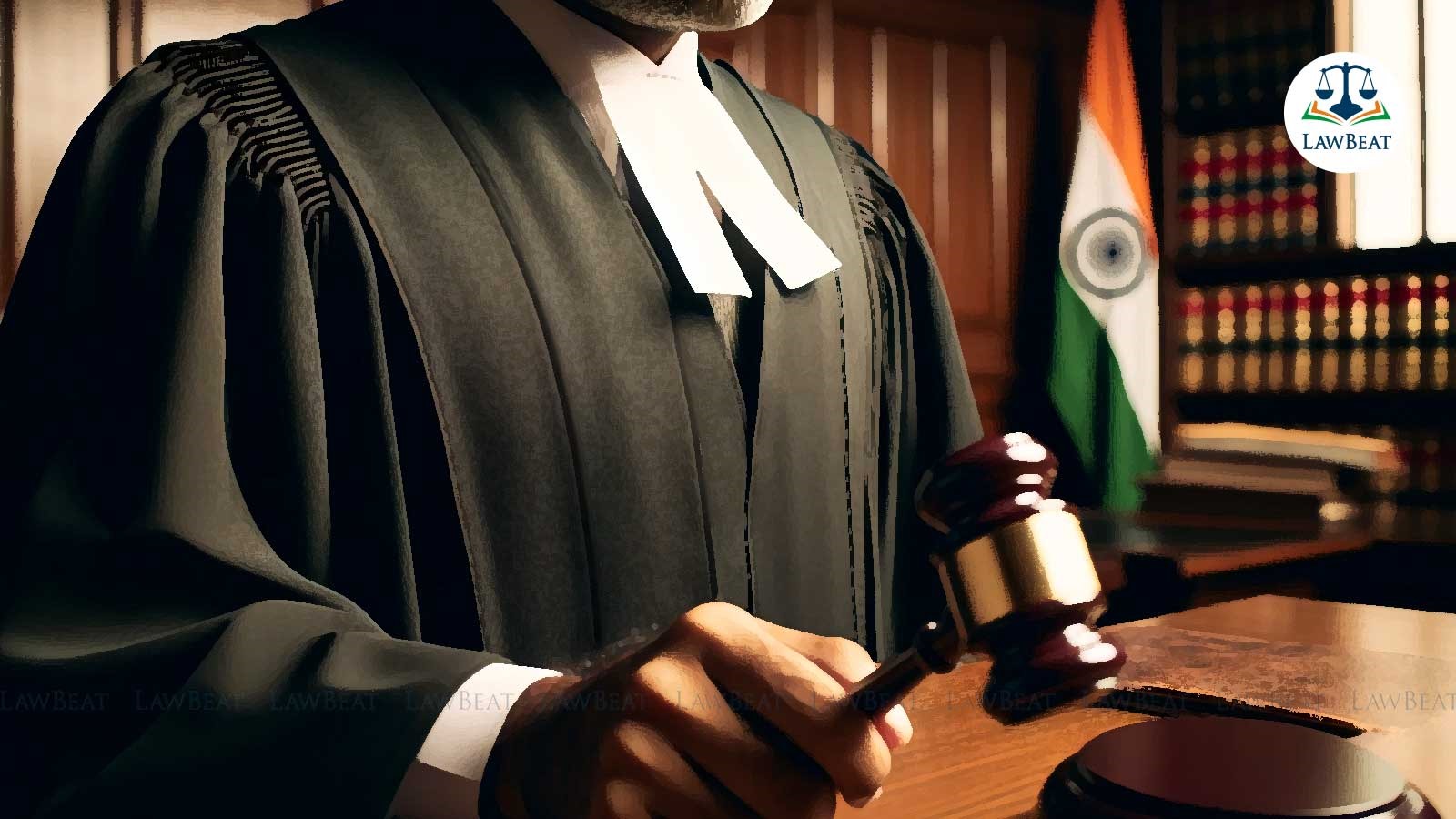Allahabad HC Orders Man's Appointment As Judicial Officer After 'Honourable Acquittal' in Espionage for Pakistan Case

To say, a citizen would continue to be suspected of an offence alleged and therefore be deprived of fruits of hard labour and “honourable acquittal” earned by him, would be, to not only vicariously penalise an innocent citizen after his innocence has been established in a Court of law, but it would successfully militate against the rule of law itself, guaranteed by the Constitution, court said
In a landmark decision, the Allahabad High Court has directed appointment of Pradeep Kumar to the Uttar Pradesh Higher Judicial Service (HJS) Cadre, nearly seven years after his selection was held up due to allegations of espionage. Kumar, who had been accused of spying for Pakistan in 2002, was acquitted in 2014 after a decade-long trial. Despite being selected for the HJS post in 2016, the state authorities withheld his appointment letter, citing the lingering suspicion over his past allegations.
A bench comprising Justice Saumitra Dayal Singh and Justice Donadi Ramesh noted that there was no substantial material linking Kumar to espionage or any foreign intelligence agency. The court emphasized that his acquittal in the criminal trial should have cleared him of any stigma and allowed him to move forward with his career. "What survives with the respondent state authorities is a lingering belief or suspicion that the petitioner had spied for a foreign country," the court stated. However, it added that this suspicion lacked any fresh or objective evidence beyond the original trial.
The court emphasized that Kumar’s acquittal in espionage-related criminal trials must be viewed with fairness, particularly in light of his "honourable acquittal".
Kumar had faced two criminal trials over espionage charges—one in 2004 and another in 2007—both of which resulted in acquittals. Despite these judgments, the state authorities refused to appoint him to the judicial post, citing concerns over his character, primarily based on the espionage allegations. The court criticized the state's reliance on outdated and irrelevant materials from the trial, declaring that "neither suspicion nor simple belief" without objective material could guide the state's decision to withhold the appointment.
The court observed that merely being suspected of an offence, without any proven wrongdoing, could not be used as a basis to deny a citizen their constitutional rights. "To be suspected of an offence is not an offence or a scar on a citizen's character," the bench said, emphasizing that the fact Kumar was on the "radar" of intelligence agencies was inconsequential in the absence of any factual evidence.
"Unless a citizen is reasonably suspected to be involved in an illegal or other activity that may invite adverse civil consequences, the fact that an intelligence agency or police authority may opine -purely subjectively and thus suspect that such a citizen had indulged in any illegal nature of activity or to have performed such act, without any supportive objective material, may remain a wholly inactionable belief, therefore extraneous to the issue of character certification of the concerned citizen," the bench said.
The court also dismissed the argument that the petitioner’s unemployment status or his financial struggles should be taken into account. It pointed out that many innocent people could face unfair suspicions due to such circumstances, and it would be absurd to base judgment solely on an individual’s financial condition.
Additionally, the bench rejected the state's attempt to bring up the allegations against Kumar’s father, who had been dismissed as a judge in 1990 over bribery charges. The court made it clear that a person's character should not be judged based on the actions of their relatives. "A person may not be penalised, and their character may not be judged for the act of another," it stated.
In response to the state's continued suspicion, the court ordered that Kumar’s character be verified within two weeks and directed the authorities to issue his appointment letter by January 15, 2025. The court clarified that the petitioner could be appointed against the current vacancies as though selected against vacancy of 2017, neither those vacancies survive in the light of the provision of U.P. HJS Rules.
Case Title: Pradeep Kumar Vs. State Of U P And Another
